One of the hottest topics lately is the subject of veganism. Whether it’s for health, environmental, or animal reasons, veganism is brought up time and time again. But what does it really mean to be vegan?
Veganism is a philosophy and way of living which seeks to exclude—as far as is possible and practicable—all forms of exploitation of, and cruelty to, animals for food, clothing or any other purpose. - The Vegan Society
In India, the vegan or plant-based diet is becoming increasingly popular as many people are opting to go vegan as soon as they understand the purposes. The reason might differ as some choose this type of food habit for the environmental benefit while others may find it more ethical and healthy. And there is no denying if practised correctly, such a diet can improve your health and the environment more than other things.

Why Choose Vegan?
The vegan trend has been progressing faster in the past few decades in India. People are becoming more concerned about the environment and being cruelty-free to animals as the least they can do to help.
People choose to become vegan as a way to stop contributing so much to things that are harmful about the animal industry like excess pollution, using up water and other valuable resources, and mistreatment of animals.
On the other hand, vegan can also be defined as a way of living in which people put ethical values before their requirements. They not only follow a strict diet but also refrain from using any form of animal products, be it clothing, accessories or the like. Preventing an enormous amount of animal slaughtering, vegans find decent alternatives for their everyday requirements via plant and other natural ingredients. For instance, jute replaces the use of leather to a great extent.

Vegan vs Plant-Based vs Vegetarian
What’s the difference between these three lifestyle choices? While they are all somewhat similar, there are some distinct differences that are good to be aware of.
Vegan
Vegans abstain from any animal-derived things whenever humanly possible. This means no meat (including red meat, chicken, pork, fish, and insects), no dairy, no eggs, no gelatin, no feathers, no fur, no leather, no honey, and no products that were tested on animals.
Of course, some things, like medicines require animal testing in order to be approved for human use. If you must use a medicine that was tested on animals and there is nothing else you can do, then it is okay to take the medicine since there is no other way.
The main concern of vegans is the welfare of animals, and many vegans also care deeply for the environment. Health might not be the biggest priority for someone who is vegan for the animals.
Plant-Based
So what is a plant-based diet vs vegan diet?
People who are plant-based are generally in it for their own physical health or for the environment. They choose to eat no animal products because it makes them feel healthier. They may or may not care so much about the welfare of animals.
Plant-based people might still use animal products like leather, fur, feathers, and things that are tested on animals.
Find various cooking classes in Gurgaon here.
Vegetarian
Traditionally, vegetarian simply means someone who does not eat meat, fish, pork, or chicken. There are a few sub-types of vegetarians:
- Lacto-Ovo Vegetarian: Allows the consumption of eggs and dairy.
- Lacto Vegetarian: Allows the consumption of dairy (not eggs).
- Ovo Vegetarian: Allows the consumption of eggs (not dairy).
- Pescatarian: Does not eat any meat except fish (may or may not eat eggs and dairy).
So, for example, someone who eats no meat except fish and also eats eggs would be an ovo-pescatarian.
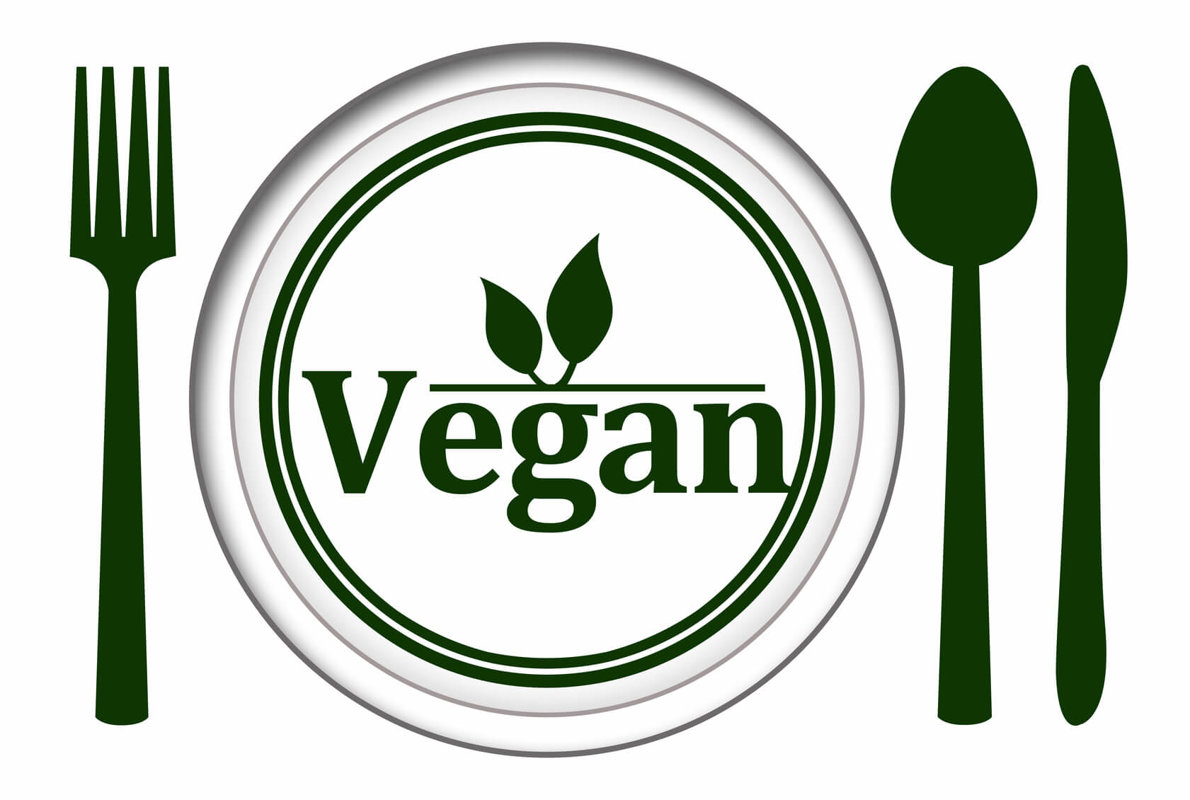

How to Have a Vegan Lifestyle
It might sound intimidating to live a vegan lifestyle at first. It sounds like there is nothing you can eat or wear and there are no cosmetics or furniture you can buy!
But, actually, once you learn more about being vegan, it becomes quite simple. As any vegan organisation will advise, start slow and steady so you don’t get too overwhelmed.
Here is a quick list of some of the things that vegans do not eat or use:
Foods
- Eggs from any animal
- Dairy from any animal (including ghee)
- Meat from any animal
- Bone broth
- Lard and tallow
- Honey
- Propolis
- Gelatin
- Carmine (aka cochineal), shellac (aka confectioner’s glaze)
- Isinglass
- Rennet
- Castoreum
- Collagen
- Non-vegetable vitamin D3
Cosmetic Products
- Any products that have any ingredients listed above
- Any products that tested on animals
- Lanolin
- Keratin
- Casein
- Non-vegetable glycerine
- Non-vegetable squalene
- Non-vegetable oleic acid
Clothes and Items
- Hair or fur (for example found in makeup brushes)
- Fur trim and coats
- Leather (including scaly leather)
- Silk
- Bones (for example in jewellery)
- Feathers
- Gelatin photographs
There may be some things missing from this list, but for the most part, anything else in the world is fair game for vegans to use without worry!
One last thing that vegans do not do is use animals for fun, like riding horses or elephants or visiting the zoo. Some vegans will visit a zoo if it only houses animals that cannot be released to the wild because of imprinting or injury.
Find different cooking classes near me on Superprof, from easy cooking recipes to professional guidance on how to cook your next vegan dish, you can find 1000s of teachers to learn from.
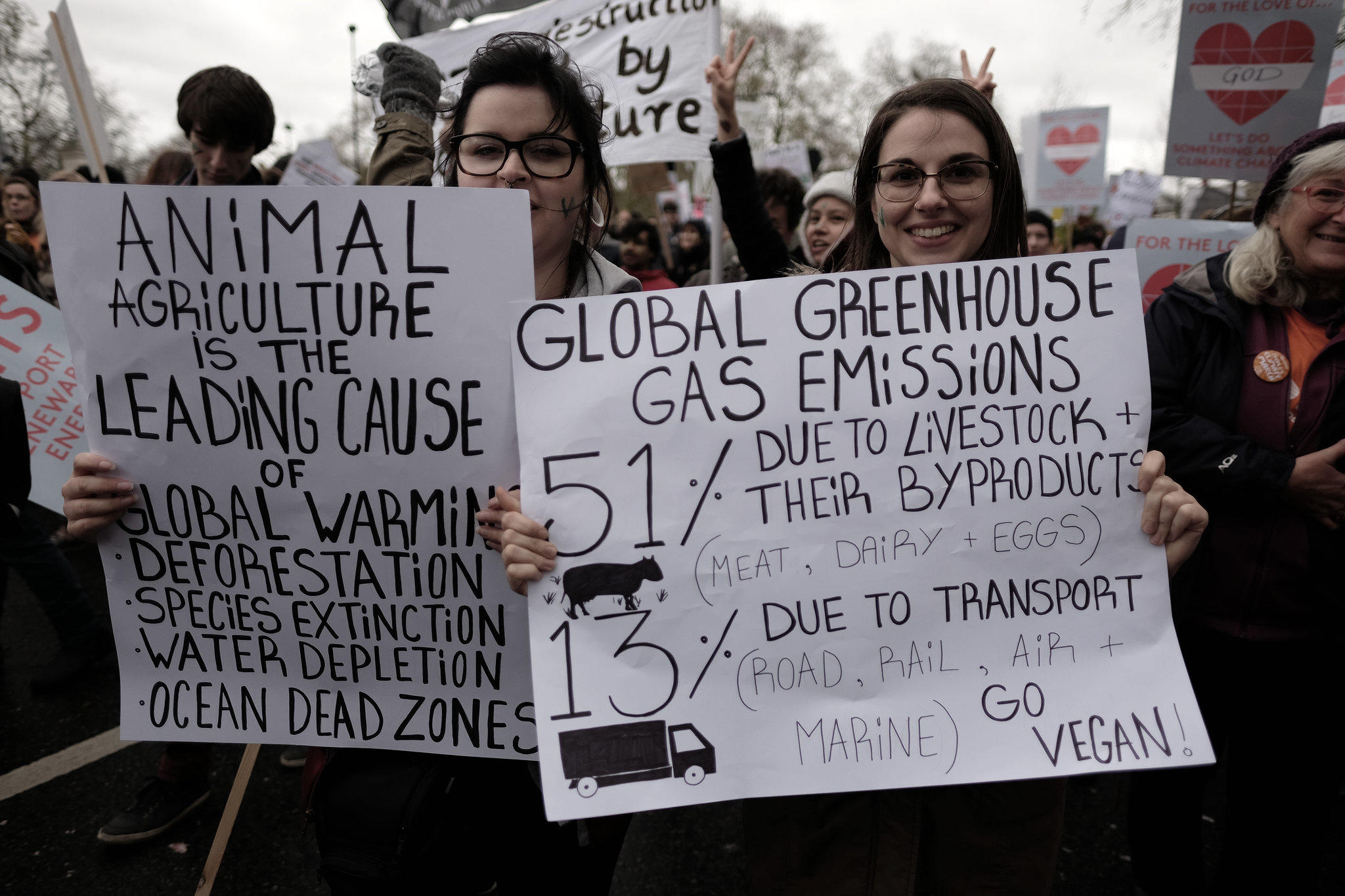
How to Have a Healthy Vegan Diet for Beginners
Interested in trying out the vegan or plant-based diet? Excellent!
There are some things you need to know to ensure that you get the nutrients you need from a vegan diet.
Macro Nutrients
These are “the Big 3” nutrients: Fat, Carbs, and Protein.
Animal sources of these nutrients include meat, cheese, ghee, and eggs. Plant sources of macros include tofu and tempeh, beans, nuts, legumes, vegetables, fruits, grains, and seitan.
Micro Nutrients
There are about 30 micronutrients (depending on how you group them together). Some of the most important are vitamins A, B, C, D, and K, omega fatty acids, trace elements, and minerals like potassium and iron.
Animal sources of these micronutrients include fish, dairy, beef, eggs, and chicken.
Plant sources include seaweed, seeds, nuts, tofu and tempeh, bread, mushrooms, leafy greens, vegetables, fruits, grains, legumes, and faux meats/mock meats.
Some micronutrients are very hard to get from a vegan diet so you may need to take supplements of taurine, vitamin D3, DHA (omega 3), and carnosine. Vitamin B12 is found in sufficient amounts in animal products only because the animals received a vitamin B12 supplement before slaughter. So, vegans must supplement vitamin B12 with a capsule or with nutritional yeast.
If you ensure to get enough of all of these nutrients in your average daily diet, you can successfully live a happy and healthy vegan or plant-based diet! Many people feel a lot better after removing animal products from their diet, sometimes due to them being unknowingly allergic to something (usually milk) that they typically ate often.

Vegan Protein Products: Plant Based Alternatives!
One of the biggest hangups people usually have about the vegan diet is “Where will I get enough protein?”
Even though protein is highly abundant in plants, some people feel better eating a protein-dense meal every so often for peace of mind. And, if you’re a fitness junkie, you might need extra protein to support your muscles.
Some people simply want a faux meat product because it can be tasty and versatile, and maybe reminiscent of the days when they used to eat meat.
Luckily, we have many, many, many choices for vegan protein products these days! Even a few years ago, the options were much more limited because not enough companies thought that it was worth the money to cater to vegans and vegetarians. Now that plant-based is sweeping the world, we have a lot of vegan, vegetarian, and plant-based protein products to choose from!
Discover various cooking classes in Delhi on Superprof.
Imagine Meats
India's premier plant-based meat company, Imagine meat offers consumers the best in the plant-based food industry.
Gooddot
Try their unmutton, vegicken, eggless bhurji, and Proteiz chunks.
Veggie Champ
They have a wide variety of burgers and patties, nuggets, even a whole faux fish! They also have faux masala chicken and satey.
Unived
If you’re looking for a protein supplement shake, this company makes a great pea-protein powder.
Vezlay
They have made soya into basically any meat-like meal you can imagine! Shawarma, chaap, seekh kebab, rogan josh, burger, bhurji, pasta, samosa, sausage, and more!
Vegetagold
This company also uses soya protein to make things like samosa, slice, burgers, nuggets, fillets, and more!
It’s easy to find vegan protein once you know what you’re looking for!
It’s also important to note that a lot of typical Indian food is already vegetarian or vegan by default. Try simply using vegan butter or oil instead of ghee, coconut curd instead of dairy curd, and channa or daal instead of meat!
There are tonnes of vegan resources online about nutrition, recipes, and more! You can even find a coach or cooking tutor to help you learn even more about veganism and being plant-based.
Summarise with AI:


















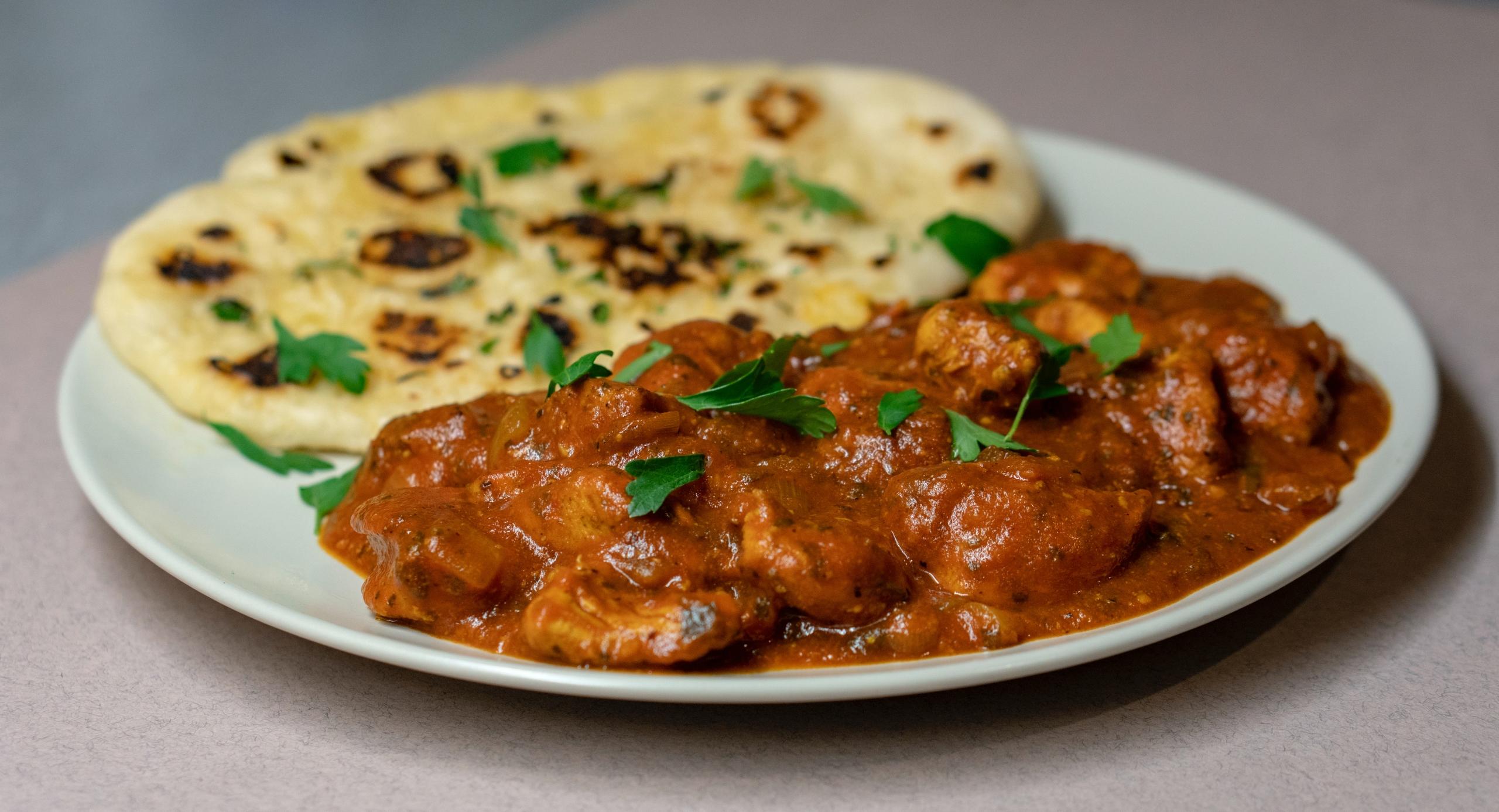
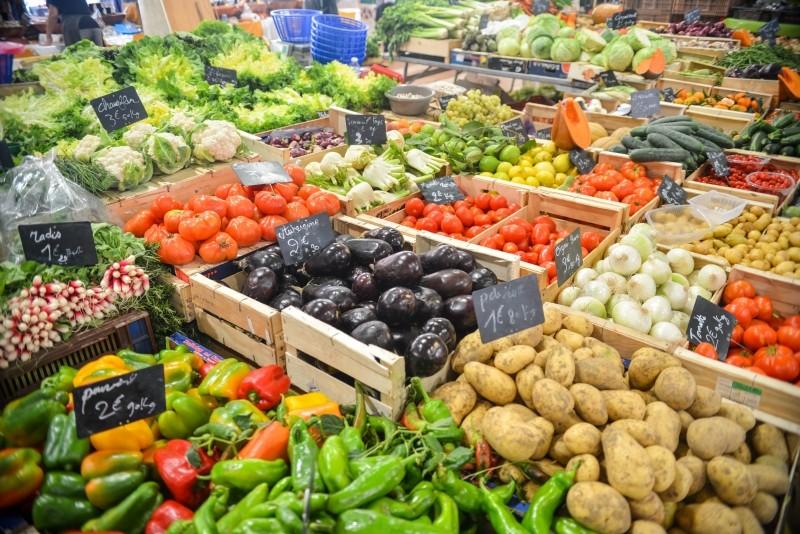
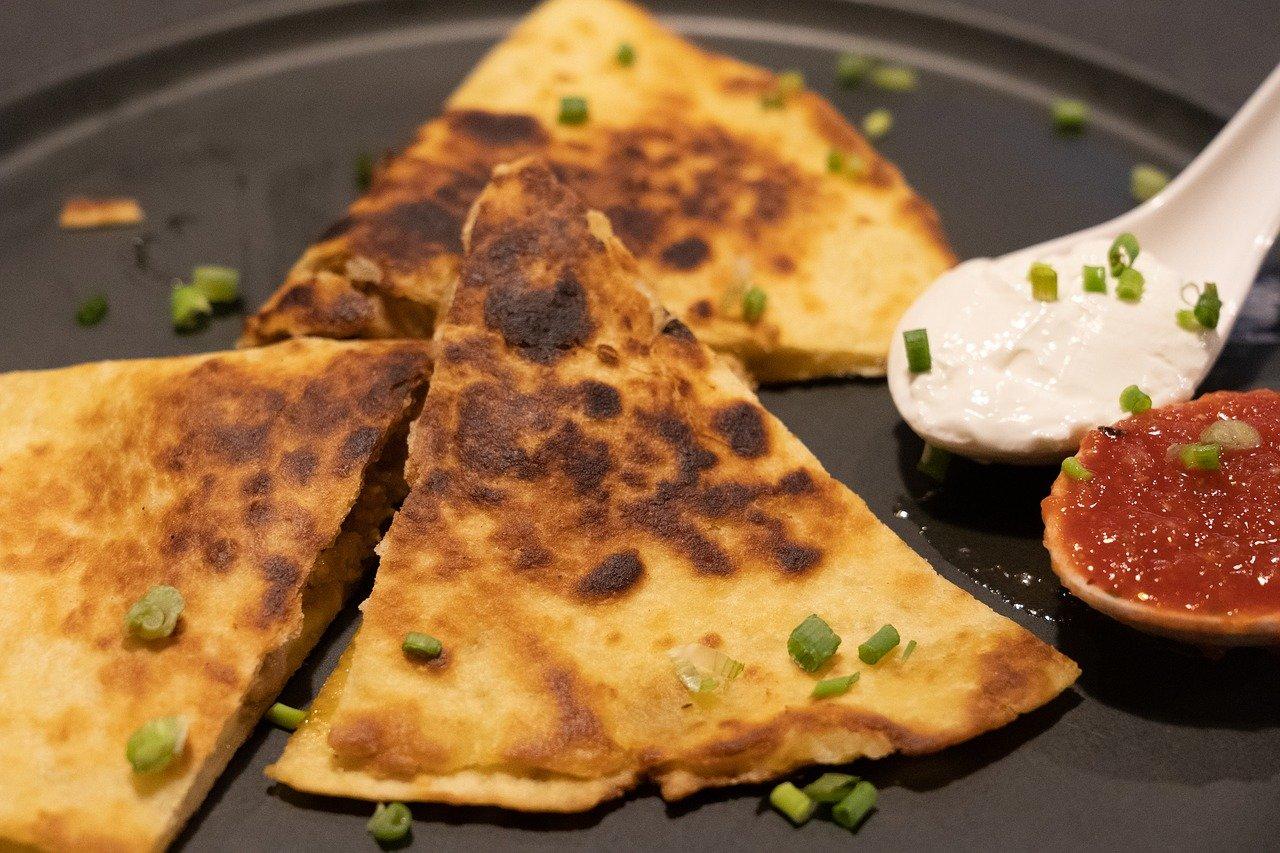

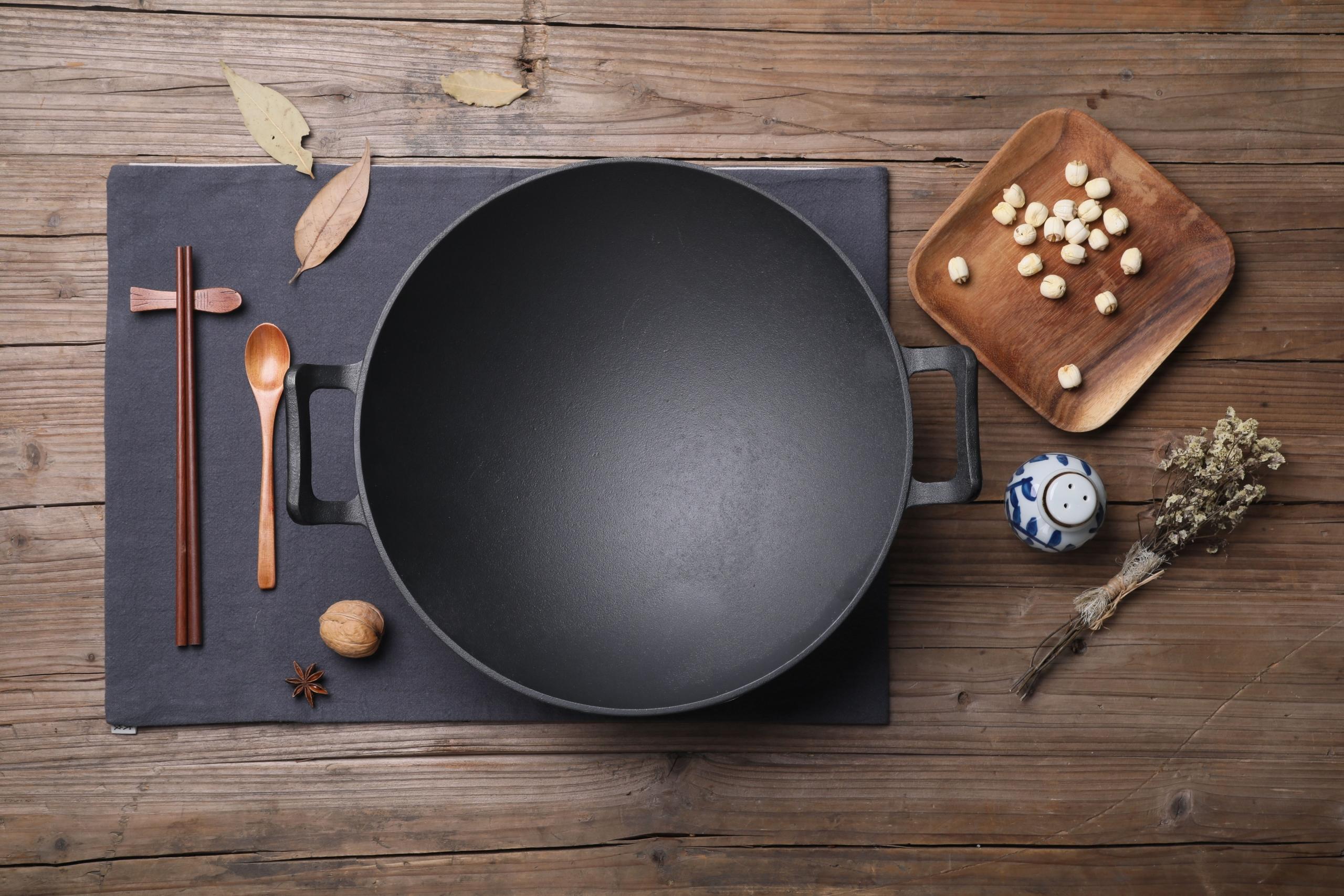

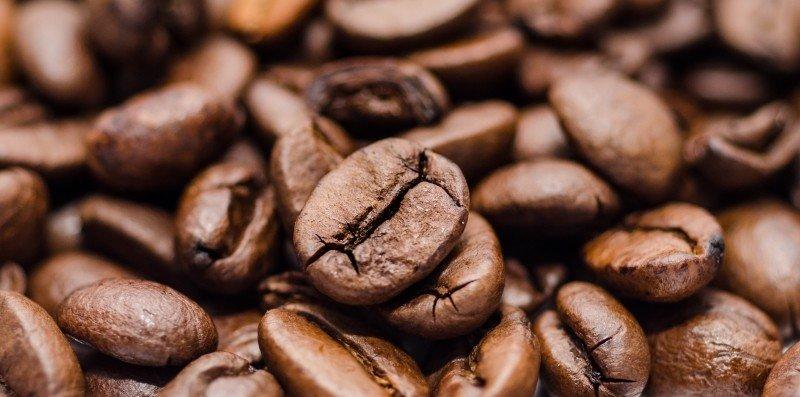
good article